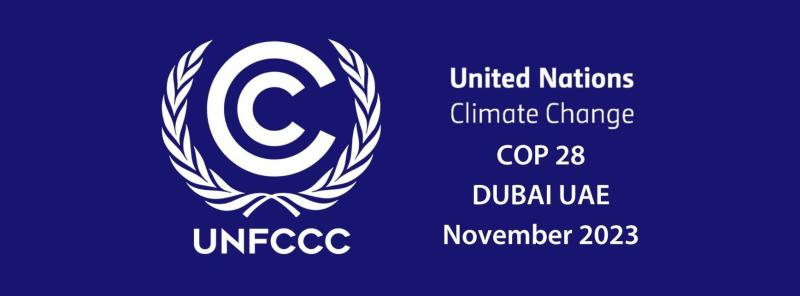The United Arab Emirates (UAE) and Egypt are leveraging their upcoming turns as hosts of the Conference of the Parties (COP) to the United Nations Framework Convention on Climate Change (UNFCCC) to bolster joint efforts in tackling climate change. This collaboration, emphasized by UAE Ambassador to Egypt Mariam Khalifa Al Kaabi, signifies a strategic approach to addressing a global crisis.
Ambassador Al Kaabi highlighted the strong ties between the two nations, built on a foundation of mutual respect and shared history. She referenced the words of the late Sheikh Zayed bin Sultan Al Nahyan, the UAE's founding father, who believed that "the renaissance of Egypt is the renaissance of the Arab region." This sentiment underscores the commitment to regional cooperation, particularly on a critical issue like climate change.
The UAE's hosting of COP 28 in 2023 serves as a crucial follow-up to Egypt's hosting of COP 27 in Sharm El-Sheikh this year. Ambassador Al Kaabi pointed out the opportunity for knowledge exchange and collaboration on climate challenges impacting various development sectors. Both nations are keen to share expertise and best practices to navigate the complexities of climate action.
The economic ties between the UAE and Egypt further solidify this collaborative approach. The UAE is currently the largest investor in Egypt, with over 1,250 Emirati companies operating in the country. This economic partnership extends to the climate sphere, with a joint Emirati-Egyptian company established to manufacture natural gas and gasoline-powered vehicles. This initiative, driven by their leaderships, exemplifies their commitment to both environmental sustainability and technological advancement.
Ambassador Al Kaabi's statement underscores the potential for COP 27 and COP 28 to be more than isolated events. By fostering a collaborative spirit and leveraging existing partnerships, the UAE and Egypt can bridge the gap between conferences and translate commitments into tangible action. Their combined efforts can serve as a model for regional cooperation on climate change, inspiring other nations to adopt a unified approach in the face of this global challenge.

